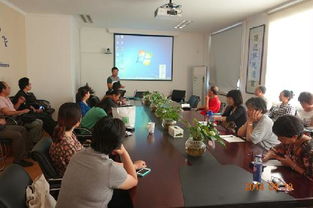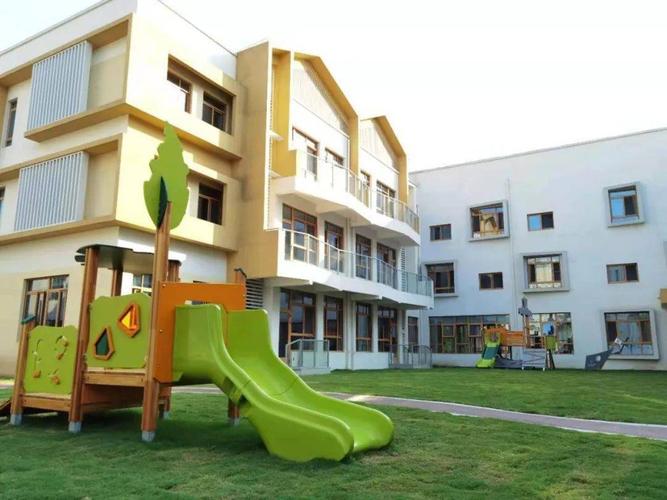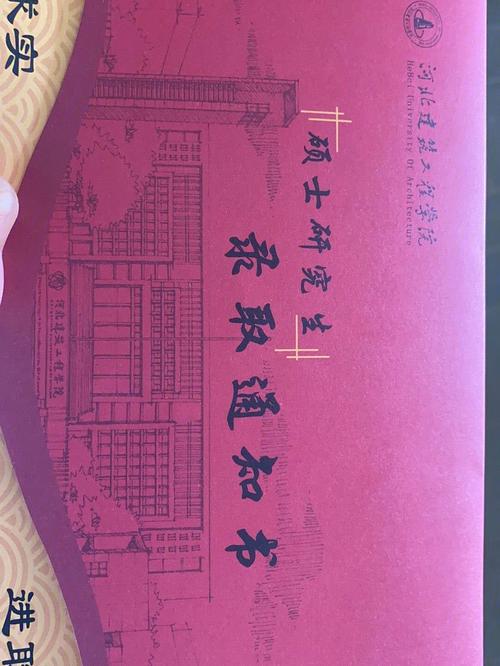河北农业大学官网首页教务系统
Title: Enhancing Educational Systems in Agricultural Universities: A Focus on Hebei Agricultural University

Introduction
Hebei Agricultural University (Hebau) plays a vital role in shaping the future of agriculture and related fields in China. As with any educational institution, its effectiveness largely depends on its educational system. This article delves into various aspects of Hebau's education system, including its structure, curriculum, teaching methodologies, and potential areas of improvement.
1. Overview of Hebei Agricultural University
Established in [year], Hebei Agricultural University is a prominent institution dedicated to agricultural education, research, and innovation. Located in [city], Hebau offers a wide range of undergraduate, postgraduate, and doctoral programs across various disciplines within agriculture, life sciences, engineering, and more.
2. Structure of Education System
The education system at Hebau comprises several key components:
Undergraduate Programs
: These programs lay the foundation for students' academic and professional growth, offering comprehensive courses in agricultural sciences, engineering, economics, and management.
Postgraduate Programs
: Hebau provides diverse opportunities for postgraduate study, allowing students to specialize in their areas of interest and conduct research under the guidance of experienced faculty members.
Doctoral Programs
: With a focus on advanced research and innovation, doctoral programs at Hebau contribute significantly to the development of cuttingedge knowledge in agricultural sciences and related fields.3. Curriculum Design and Implementation
Hebau's curriculum is designed to align with the latest advancements in agricultural research and industry demands. Key features of its curriculum include:
Interdisciplinary Approach
: Integrating knowledge from various disciplines such as agronomy, horticulture, animal science, and agricultural engineering to provide students with a holistic understanding of agriculture.
Practical Training
: Emphasizing handson experience through laboratory work, field studies, internships, and industry collaborations to equip students with practical skills essential for their future careers.
Research Opportunities
: Encouraging students to engage in research projects, participate in scientific conferences, and publish their findings in reputable journals to foster a culture of innovation and academic excellence.4. Teaching Methodologies
Hebau employs diverse teaching methodologies to cater to the needs and learning styles of its students:
LectureBased Instruction
: Traditional lectures delivered by experienced faculty members serve as a primary mode of knowledge dissemination, providing students with foundational concepts and theoretical frameworks.
Interactive Learning
: Incorporating interactive sessions, group discussions, case studies, and problemsolving activities to promote active engagement and critical thinking among students.
Experiential Learning
: Organizing field trips, practical demonstrations, and simulation exercises to enhance students' practical skills and facilitate realworld application of theoretical knowledge.5. Technological Integration
In an era of rapid technological advancement, Hebau leverages technology to enhance the teachinglearning process:
ELearning Platforms
: Utilizing online learning management systems (LMS) to deliver course materials, assignments, and assessments, enabling students to access resources conveniently and engage in remote learning activities.
Virtual Laboratories
: Offering virtual laboratory simulations for experiments and demonstrations, providing students with opportunities to practice laboratory techniques and conduct experiments remotely.
Digital Resources
: Providing access to digital libraries, databases, and scholarly journals to support research endeavors and facilitate information retrieval for academic purposes.6. Areas for Improvement
While Hebei Agricultural University excels in many aspects of its education system, there are areas for improvement:
Curriculum Flexibility
: Enhancing flexibility in the curriculum to accommodate interdisciplinary studies, crossdepartmental collaborations, and emerging areas of agricultural research.
Pedagogical Training
: Providing faculty members with ongoing professional development opportunities to enhance their teaching skills, incorporate innovative teaching methodologies, and stay updated with educational trends.
Industry Partnerships
: Strengthening collaborations with agricultural industries, research institutions, and governmental agencies to align academic programs with industry needs, facilitate technology transfer, and promote entrepreneurship among students.Conclusion
Hebei Agricultural University stands as a beacon of agricultural education and innovation, contributing significantly to the advancement of agriculture and related fields. By continuously refining its education system, embracing technological advancements, and fostering a culture of excellence and collaboration, Hebau can further enhance its impact and prepare future generations of agricultural leaders and professionals.
This comprehensive analysis provides insights into the educational system of Hebei Agricultural University, highlighting its strengths, areas for improvement, and potential strategies for enhancing educational quality and relevance.












评论
匿名用户
回复农大教务系统,成绩速查!
匿名用户
回复河北农业大学教务系统成绩查询:操作便捷,更新及时。
匿名用户
回复农大教务系统,轻松查绩点明细。